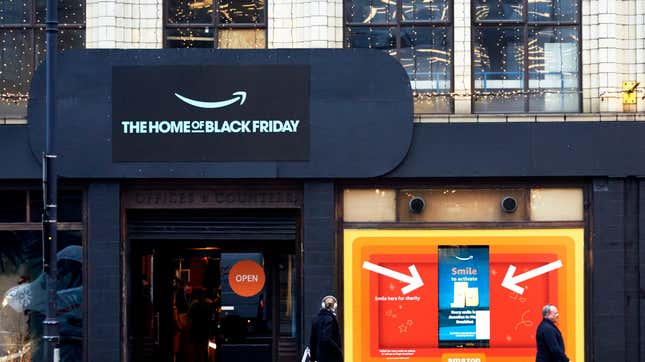Oh Good, a Threat to Affiliate Links, the Latest Savior of Media
Latest

In recent years, media companies have sought to insulate themselves from the unpredictability of the digital advertising business through affiliate links, which send readers to a product page at, say Amazon, and provide the publication a small cut of any sales made. (Our company does this in the form of Kinja Deals.)
But a new report suggests that companies like Google wants to challenge Amazon’s dominance of online shopping by doing an end-run around affiliate links—perhaps because Larry Page needs extra cash for an additional spaceship. Who knows!
-

-

-

-

-

-

-

-

-

-

-

-

-

-

-

-

-

-

-

-

-

-

-

-

-

-

-

-

-

-

-

-

-

-

-

-

-

-

-

-








































